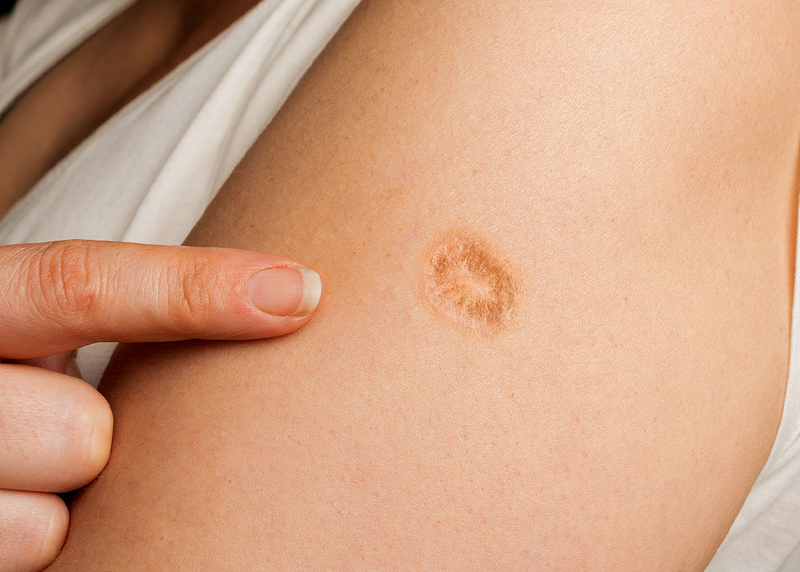- Biomedical scientist Dong-Pyou Han has been sentenced to prison for fabricating data in HIV vaccine trials.
- U.S. Senator Charles Grassley has taken an interest in the Han case and raised its profile.
- The case raises questions on how scientific misconduct is handled in the U.S.
On July 1, 2015, Dong-Pyou Han, a former biomedical scientist at Iowa State University in Ames, IA, was sentenced to 57 months in prison for falsifying clinical trial data in the development an HIV vaccine. He was also fined $7.2 million and will be under supervision for three years after his release. The story has been covered extensively by the media in the United States and abroad, including the weekly journal Nature.
According to the Nature article, written by Sara Reardon, Han lost his job at Iowa State after it was determined that he had falsified results from vaccine experiments that were funded by the National Institutes of Health (NIH). In some experiments, Han went as far as tainting rabbit blood samples with human HIV antibodies so that it would appear as though the vaccine itself was causing the rabbits to develop immunity against the virus. In a letter written to the university, Han confessed to fabricating data to mask a sample mix-up he had made in previous years.
The Office of Research and Integrity (ORI), which oversees research misconduct investigations involving NIH funds, imposed the maximum penalty given to junior level investigators by banning Han from receiving federal grants for three years.
A case such as this would normally go no further, though, because the ORI is limited in its ability to directly investigate misconduct. In cases where there is evidence of misconduct, the ORI can only impose bans on funding and refer potential criminal cases to the Department of Justice or the HHS inspector general. However, this particular case has caught the attention of U.S. Senator Charles “Chuck” Grassley (R-IA), who has a reputation for aggressively investigating misconduct in biomedical science.
The Reardon piece notes that Grassley wrote a letter to the ORI in February 2014 to express his outrage regarding what he considered to be a light penalty given to Han. In his letter, Grassley wrote:
This seems like a very light penalty for a doctor who purposely tampered with a research trial and directly caused millions of taxpayer dollars to be wasted on fraudulent studies.
The federal prosecutor in Des Moines, IA eventually pressed charges against Han, and he was arrested. In February 2015, Han pleaded guilty to two felony counts of falsifying statements to win NIH grants.
While criminal prosecution is rare in “medium level” fraud cases such as Han’s, Reardon cites a former investigative oversight official at the ORI as saying that he believes the senator’s special interest in the case has elevated the case, which raises questions about the manner in which scientific misconduct is handled in the U.S. Grassley argues that government agencies that oversee research grants should have the ability to impose harsher penalties without involvement from lawmakers.
The article in Nature goes on to explain how most funding agencies of the U.S. government have an inspector general who is responsible for investigating misconduct, and that these officials have the authority to impose penalties on receiving government grants and, in some instances, can refer cases for criminal prosecution. But the Department of Health and Human Services (HHS), which oversees the NIH and the ORI, separates these responsibilities.
Read the full July 1, 2015 article at “U.S. Vaccine Researcher Sentenced to Prison for Fraud” at Nature.













One Response
If you are a parent, it’s up to you to find a doctor you can trust who will avoid administering vaccines in the face of previous vaccine reactions. Don’t be afraid to stand up for your right to protect your child. There